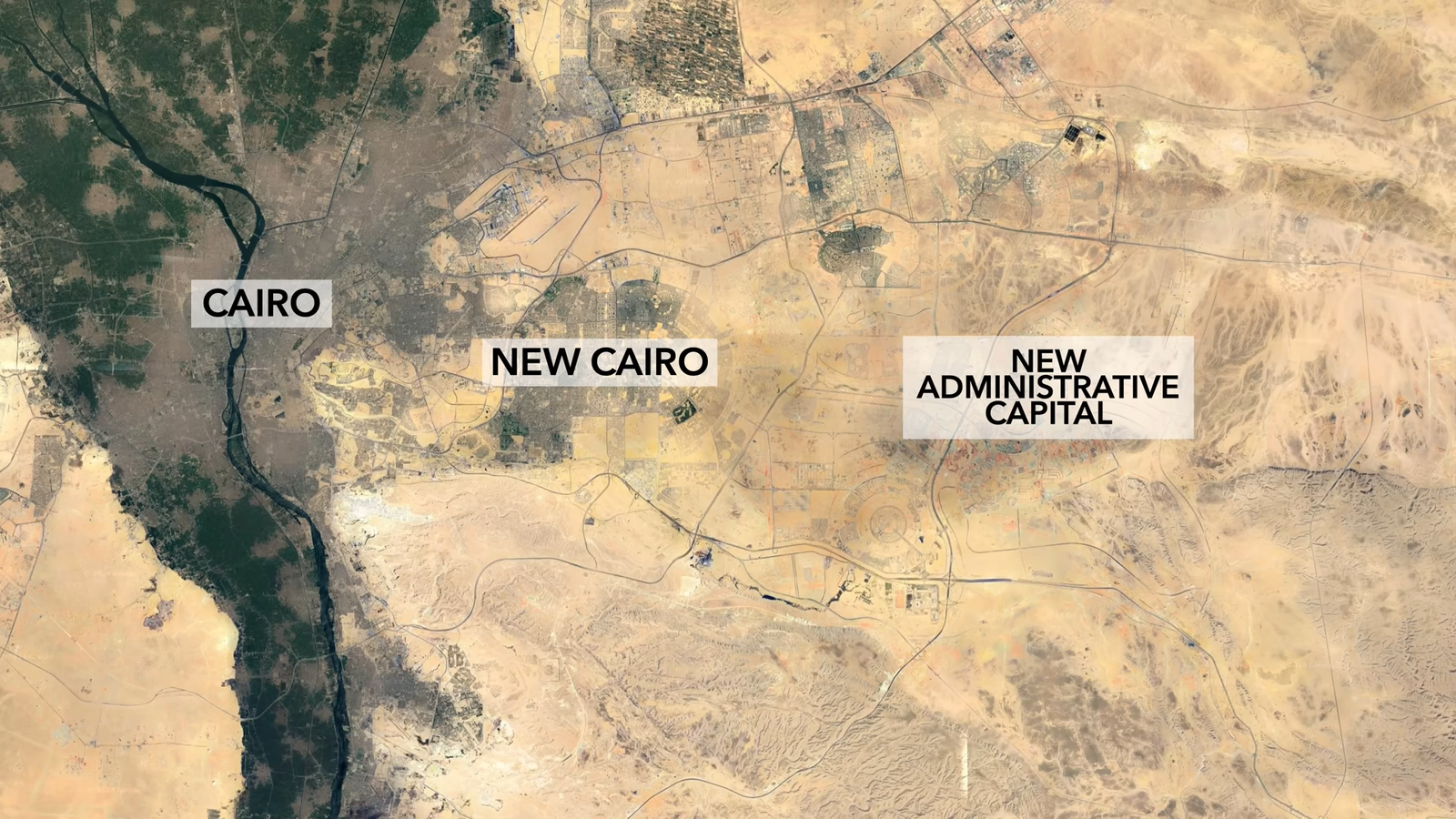Egypt’s economy was once a powerhouse, but it is now teetering on the edge of a full-blown financial crisis. Despite years of IMF bailout loans and promises of stability, the country finds itself grappling with a multitude of economic woes that threaten to push it over the brink.
At the heart of Egypt’s economy and its troubles is due to fundamental imbalance – the Egyptian state simply spends too much money. From a bloated civil service to an expensive subsidy regime and a series of ambitious, over-budget megaprojects championed by President Abdel Fattah el-Sisi, the government’s expenditures have far outpaced its revenues.

This fiscal mismanagement has led to a dramatic weakening of Egypt’s economy. Egyptian currency has lost 50% of its value against the dollar in the past two years. Rampant inflation, now hovering around 30%, has further exacerbated Egypt’s economics crisis, eroding the purchasing power of Egyptians.
But Egypt’s economy and its turmoil has been compounded by the fallout from the ongoing conflict in Gaza. The closure of the Tamar gas field, a vital source of foreign currency, coupled with the effective shutdown of the Suez Canal due to Houthi attacks, have dealt a devastating blow to Egypt’s finances. Lost revenues from the Suez Canal alone have fallen by an estimated 40%.
Scary future for Egypt’s Economy
To make matters worse, Egypt’s economy has been under a high debt burden. With a debt-to-GDP ratio of 97%, has made it increasingly reliant on borrowing to service its obligations. Interest payments now account for a staggering 60% of the government’s public spending, further straining the country’s resources.
Despite repeated attempts to secure IMF bailout loans, these have proven to be little more than a temporary respite. The austerity measures typically required by the IMF, such as currency devaluation and subsidy cuts, have only served to fuel inflation and social unrest, further destabilizing the country.
As Egypt’s economy finds itself caught in a vicious debt spiral, the prospects for a swift recovery seem bleak. The looming threat of a major conflict in the Sinai Peninsula, as Israel prepares for a potential ground invasion of Rafah, only adds to the country’s woes, with the potential for further disruption to crucial trade routes and economic activity.
Read More:- Germany Embraces Cannabis Legalization to Combat Black Market
Conclusion
Egypt’s economic crisis is a cautionary tale of the dangers of fiscal mismanagement, over-reliance on external financing, and the cascading effects of regional instability. As the country teeters on the brink, the world watches with bated breath, wondering if Egypt can find a path to sustainable economic growth and stability before it’s too late.
Do you like Anime? Explore the world of Anime with Pop Media Pulse
